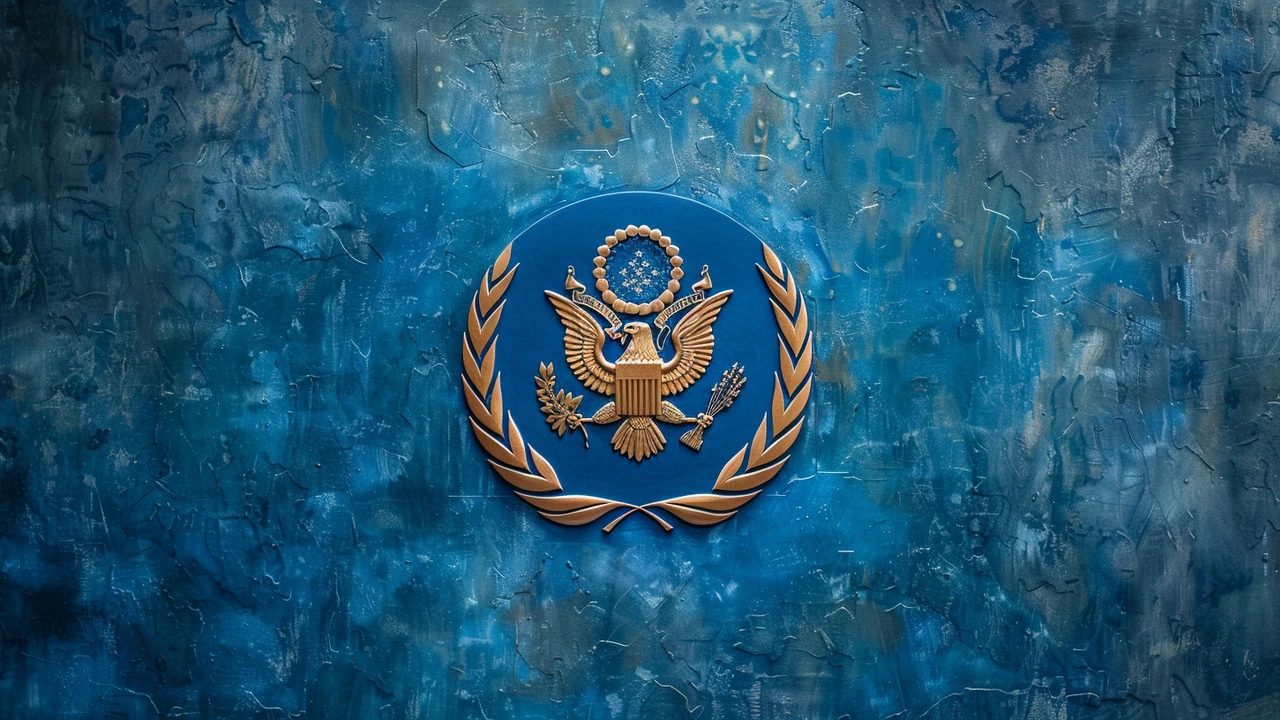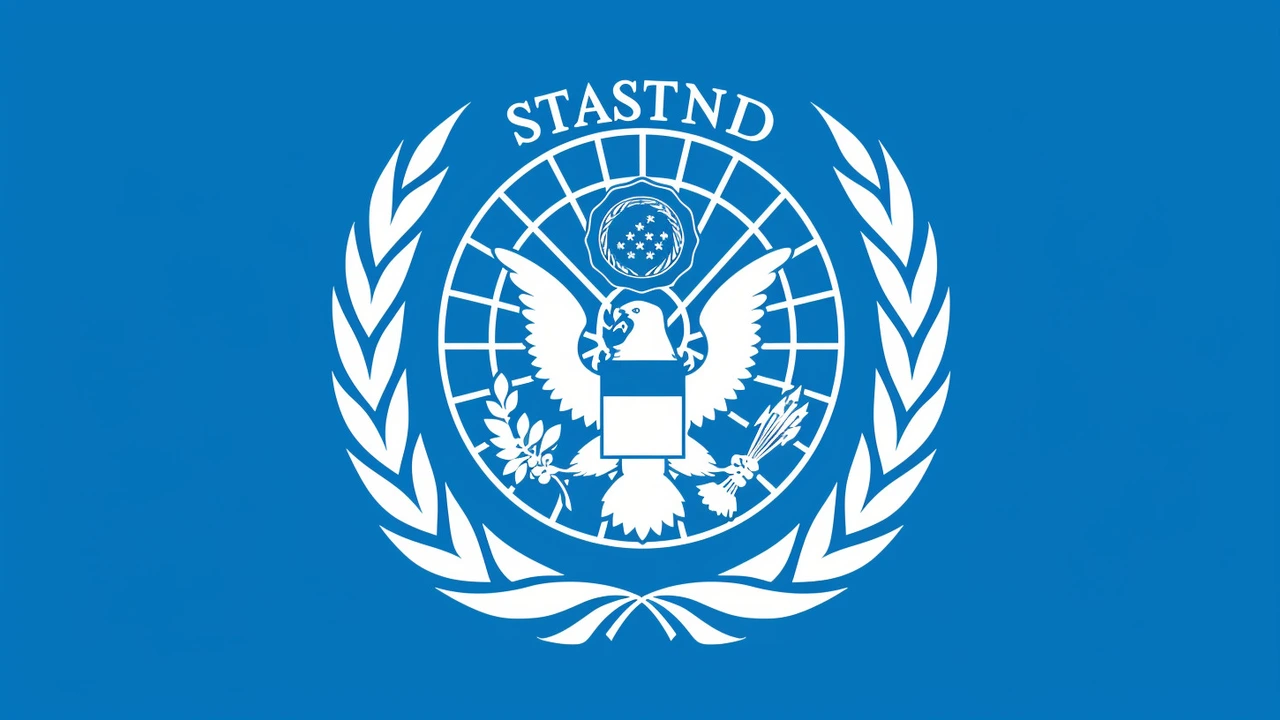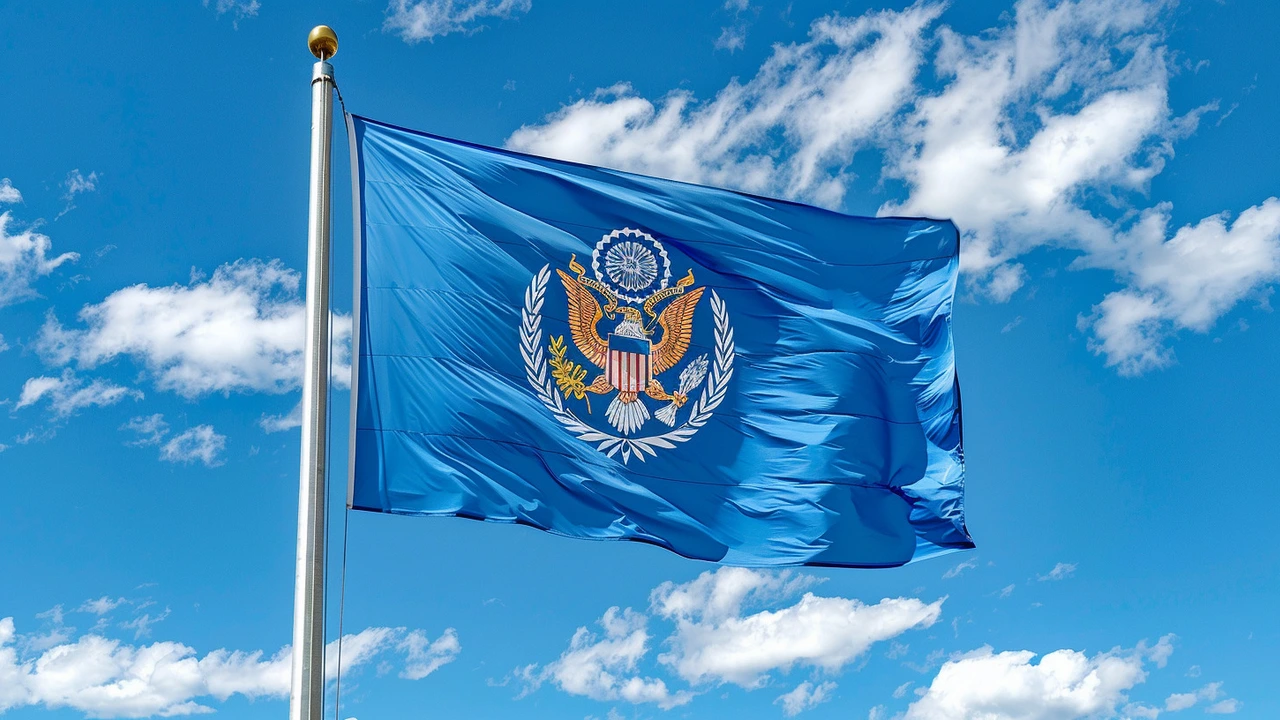Ambassador Linda Thomas-Greenfield Highlights Juneteenth's Importance
As Juneteenth approaches, U.S. Ambassador to the United Nations, Linda Thomas-Greenfield, has issued a poignant statement on this historic day that marks the final liberation of enslaved African Americans in Galveston, Texas, after the Civil War. Juneteenth, celebrated on June 19th, 1865, commemorates the moment when the Union Army's Major General Gordon Granger informed the last remaining enslaved African Americans in Texas of their emancipation, almost two and a half years after President Abraham Lincoln issued the Emancipation Proclamation.
In her statement, Ambassador Thomas-Greenfield eloquently spoke of Juneteenth as not just a day of celebration but also a powerful reminder of the enduring struggle for freedom and racial equality in the United States. She emphasized that Juneteenth is a symbol of resilience and the journey towards justice and equity for African Americans, who have faced centuries of systemic racism and discrimination.
The ambassador highlighted the significance of Juneteenth in American history, noting that it serves as a time for reflection and education. She underlined the importance of not only commemorating the past but also learning from it. Recognizing the painful history of slavery and its lingering impacts is crucial for fostering understanding and fostering meaningful progress.
Continuing the Fight for Equality
Ambassador Thomas-Greenfield passionately pointed out that while Juneteenth marks a critical milestone in the fight against slavery, the work toward true equality is far from over. The struggles for civil rights, economic justice, and freedom from racial violence continue to this day. She called on all Americans to honor the sacrifices made by African Americans throughout history and to actively engage in efforts that promote equity.
It is a narrative echoed across various initiatives and movements striving to dismantle systemic racism and inequity. From combating police violence to advocating for equitable access to education, healthcare, and economic opportunities, the fight is multifaceted. Indeed, Juneteenth serves as a call to action to address these disparities and build a society that upholds the values of freedom for all.

A Global Commitment to Human Rights
The ambassador also expanded her message to a global audience, stating that the fight against racism and inhumanity is not confined to the U.S. but is a universal struggle. The United States, she asserted, has a responsibility not only to address systemic racism within its borders but also to champion human rights and equality worldwide.
In her capacity as the U.S. Ambassador to the United Nations, Thomas-Greenfield reaffirmed America's commitment to combatting racial injustice on the global stage. She called for international cooperation and solidarity in the quest to eliminate discrimination and promote human dignity, emphasizing that global efforts are instrumental in achieving lasting change.
Reflecting on the Path Forward
The ambassador's statement resonated deeply, as it points to the ongoing need for comprehensive policies and initiatives aimed at creating a more equitable society. Juneteenth, she suggested, should inspire a continued commitment to justice and reform. The path forward involves engaging communities, policymakers, and leaders in meaningful dialogue and action.
She also emphasized the role of education in driving change. Teaching the true history of Juneteenth and the broader African American experience can build empathy and understanding, vital components in the fight against prejudice and bigotry. This educational aspect, she noted, should be integrated into the broader narrative of American history.

Conclusion: A Call to Action
In conclusion, Ambassador Thomas-Greenfield's statement on Juneteenth is a powerful reminder of the importance of recognizing past injustices and continuing the struggle for a more just and equitable society. Her words serve as both a commemorative tribute and a call to action, urging us to remain vigilant in the fight against racial inequality and to support efforts that promote fairness and human rights for all.
As we celebrate Juneteenth, it is crucial to remember the lessons it teaches us about freedom, resilience, and the ongoing pursuit of justice. By acknowledging the past and striving for a future where equality is a reality for everyone, we honor the spirit of Juneteenth and contribute to a more inclusive and compassionate world.


Ruben Figueroa
June 21, 2024 AT 04:46Gabriel Clark
June 22, 2024 AT 00:57Steve Cox
June 23, 2024 AT 10:23Aaron Leclaire
June 24, 2024 AT 04:57Mitch Roberts
June 25, 2024 AT 07:42Mark Venema
June 26, 2024 AT 23:29Jasvir Singh
June 27, 2024 AT 16:14Brian Walko
June 27, 2024 AT 22:58